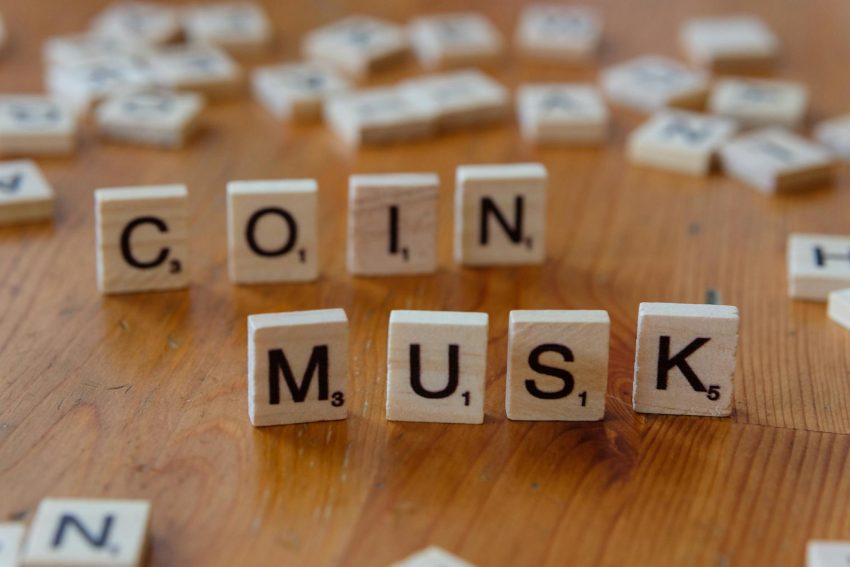As one of the most influential figures of our time, Elon Musk’s actions and opinions wield significant power in shaping the narrative around free speech. With his ownership of platforms like Twitter, he finds himself at the center of heated debates over speech regulation, raising questions about the balance between upholding freedom of expression and combating misinformation. Controversies have emerged, highlighting varied responses to his approach and connecting him to broader societal discussions surrounding digital discourse. As we navigate through Musk’s impact on communication, we must consider what the future of free speech looks like under his guidance and influence in an era profoundly affected by technology. In this exploration, we delve into the intricacies of Elon Musk Speech, the challenges he faces, and the implications his decisions may have for society at large.
The Role of Elon Musk in Shaping Free Speech
Elon Musk has emerged as a pivotal figure in the discourse surrounding free speech, particularly through his acquisition of Twitter, now rebranded as X. His vision can be characterized by unwavering support for open dialogue, viewing free speech as essential for innovation and societal progress. Musk believes that restricting communication stifles creativity and hampers technological advancements, advocating for an online environment where diverse perspectives can flourish. By disrupting traditional media narratives, Musk aims to not only reshape the conversation but also empower users to express themselves more freely.
Under his stewardship, more emphasis has been placed on transparency in content moderation policies, with Musk calling for clearer guidelines that promote free expression while navigating the complexities of harmful speech. His handling of hate speech and misinformation on the platform has sparked intense debate among users, policymakers, and legal experts alike. Critics argue that his laissez-faire approach could allow toxic content to proliferate, undermining the very essence of a safe online community. Nevertheless, Musk’s defenders assert that his efforts to reduce censorship and promote free speech are crucial for the survival of democratic discourse in a digital age.
Furthermore, Musk’s influence transcends social media; it has expanded into various sectors, including energy and transportation, amplifying his reach as an advocate for free speech. By influencing public sentiment and encouraging other tech leaders to adopt similar principles, Musk is positioning himself as a formidable force in the ongoing battle for free expression. The implications of Musk’s actions could resonate well beyond social media platforms, potentially reshaping societal norms and practices regarding free speech for years to come. As the conversation around Elon Musk Speech continues to evolve, it remains to be seen how his leadership will impact the fabric of free dialogue in the modern world.

Controversies Surrounding Elon Musk’s Approach to Speech Regulation
Elon Musk’s approach to free speech has been a focal point of much debate, particularly since he acquired Twitter. His advocacy for minimal content moderation has drawn both fervent support and intense criticism. First and foremost, Musk’s decision to reinstate previously banned accounts has raised eyebrows and ignited concern over the potential spread of harmful misinformation. For example, high-profile figures such as Donald Trump and controversial accounts have been allowed back onto the platform, sparking debates about the consequences of unregulated speech.
Furthermore, critics contend that Musk’s laissez-faire attitude towards content regulation fosters an environment where harassment and hate speech can flourish, undermining communities that rely on safe digital spaces. In tweets and statements, Musk has emphasized the need for a “free speech absolutist” approach, which many interpret as a dismissal of the responsibility that platforms hold in curbing abusive behavior. This stance has put him at odds with numerous advocacy groups aiming to combat online abuse and misinformation.
Additionally, Musk’s significant influence over discourse on social media has led to allegations that he himself is a catalyst for misinformation, as he often shares opinions and unfounded claims. This behavior raises questions about the ethics of a powerful figure shaping public conversation and the responsibilities that come with such influence.
The pushback against Elon Musk’s approach highlights the complexities surrounding the regulation of free speech on digital platforms. It remains to be seen how these controversies will evolve and how they will impact the very landscape of free speech in the future, particularly as more users look to navigate the blurred lines between robust debate and harmful rhetoric in the age of social media.
The Future of Free Speech under Elon Musk’s Influence
As we look ahead to the future of free speech, it is imperative to examine Elon Musk’s Speech and the paradigm shifts that his influence may bring about. Musk, known for his unconventional approaches and groundbreaking innovations, has a unique perspective on freedom of expression, which profoundly affects social media and public discourse. His recent acquisition of Twitter exemplifies this, unveiling his vision to create a platform that champions unrestricted dialogue.
First, one potential outcome of Musk’s influence is a greater push towards decentralization of social media platforms. By advocating for less censorship and more open dialogues, he may inspire a new generation of platforms that prioritize user autonomy. This shift could empower individuals to express themselves more freely, thus revitalizing the essence of free speech. Furthermore, by utilizing technologies like blockchain, a more transparent and user-governed social media environment could emerge.
However, this optimistic view is not without its pitfalls. Critics argue that a lack of moderation could lead to the proliferation of misinformation and hate speech, creating an unsafe online environment. Balancing free speech with responsible content moderation remains a significant challenge that Musk must navigate. The way he approaches these dilemmas will be pivotal, potentially setting precedents for future policy frameworks concerning speech regulation.
Moreover, Musk’s influence extends beyond social media. His ventures in artificial intelligence and communication technology could lead to new forms of discourse that transcend traditional boundaries. Emerging technologies might reshape how people engage with information and each other, further complicating the landscape of free speech.
In summary, the future of free speech under Elon Musk’s Speech and influence is poised for transformation. Whether this change will foster a more open and inclusive dialogue or spiral into chaos remains to be seen. However, one thing is clear: Musk’s actions will undoubtedly have significant, lasting implications for how society navigates the complexities of free speech in the digital age.
Frequently Asked Questions
What are the main points of Elon Musk’s stance on free speech?
Elon Musk’s stance on free speech is rooted in the belief that open dialogue is essential for innovation and progress. He argues that platforms should allow for diverse perspectives, even if they are controversial or unpopular. Musk suggests that excessive censorship can stifle creativity and impede societal advancement. Throughout his career, particularly with the acquisition of Twitter, he has articulated the view that free speech is a fundamental human right that should be protected and promoted across platforms.
How has Elon Musk influenced social media policies regarding free speech?
Elon Musk has significantly influenced social media policies through his approach to content moderation, especially after acquiring Twitter. He introduced changes aimed at reducing the platform’s restrictions on speech, advocating for an environment where users can express themselves freely. Under his leadership, there has been a shift towards minimizing censorship and allowing a broader range of viewpoints, which has sparked discussions about the balance between free speech and harmful content. This influence has prompted various reactions, both supportive and critical, reflecting the ongoing debate surrounding free speech on digital platforms.
What criticisms has Elon Musk faced related to his free speech policies?
Elon Musk has faced numerous criticisms regarding his free speech policies, particularly about how they may enable harmful rhetoric and misinformation. Critics argue that loosening content moderation could lead to increased hate speech, harassment, and the spread of false information, potentially jeopardizing the safety and well-being of vulnerable communities. Additionally, some have expressed that Musk’s interpretation of free speech may overlook the responsibilities that come with it, which is vital for fostering a constructive online environment. These criticisms highlight the complexity of managing free expression while maintaining a safe and respectful platform.
